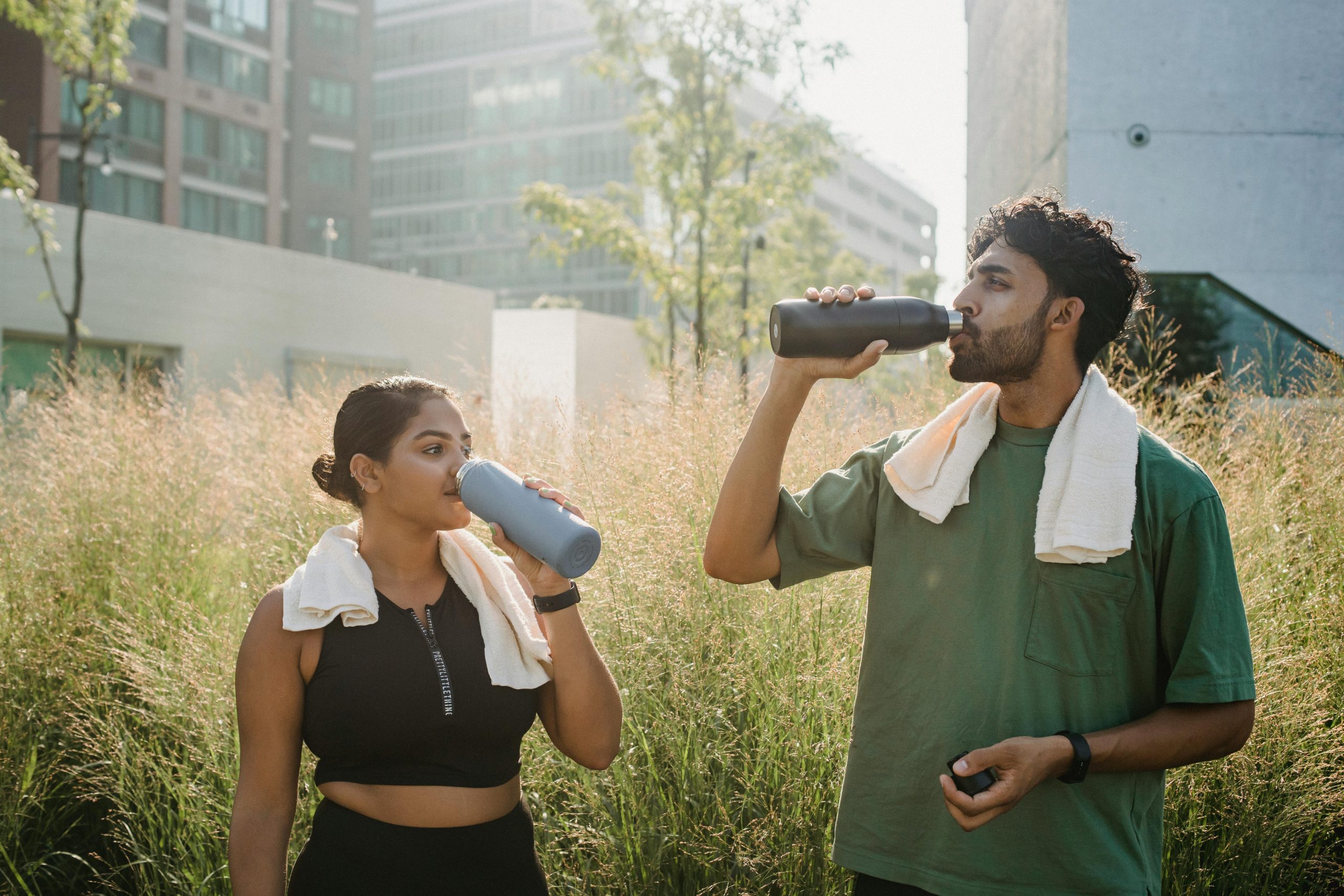Water is the essence of life, yet many people underestimate its importance. Staying hydrated is crucial for maintaining energy levels, supporting digestion, regulating body temperature, and even improving cognitive function. But how much water should you really drink daily for optimal health? The answer isn’t as simple as the often-repeated “eight glasses a day.” This article explores the science behind hydration, factors that influence your water needs, and practical tips to ensure you stay properly hydrated.
Why Hydration Matters for Your Health
Water makes up about 60% of the human body, playing a vital role in nearly every bodily function. Here’s why staying hydrated is so important:
- Supports Digestion: Water helps break down food and absorb nutrients, preventing constipation and promoting gut health.
- Regulates Body Temperature: Sweating and respiration rely on adequate hydration to cool the body during physical activity or hot weather.
- Boosts Energy and Brain Function: Even mild dehydration can lead to fatigue, headaches, and difficulty concentrating.
- Flushes Out Toxins: The kidneys depend on water to filter waste and remove toxins through urine.
- Promotes Healthy Skin: Proper hydration keeps skin moisturized and may reduce the appearance of wrinkles.
Dehydration, on the other hand, can lead to serious health issues, including kidney stones, urinary tract infections, and even heatstroke in extreme cases.
How Much Water Should You Drink Daily?
The “eight 8-ounce glasses a day” rule is easy to remember, but individual hydration needs vary. The National Academies of Sciences, Engineering, and Medicine recommends:
- Men: About 3.7 liters (125 ounces) per day, including fluids from beverages and food.
- Women: About 2.7 liters (91 ounces) per day, including fluids from beverages and food.
However, several factors influence how much water you need:
Factors That Affect Your Hydration Needs
- Activity Level: Exercise increases sweat loss, so athletes or active individuals need more water.
- Climate: Hot or humid weather increases fluid loss through sweating.
- Health Conditions: Fever, diarrhea, or vomiting require increased fluid intake.
- Pregnancy or Breastfeeding: Women need additional fluids to support fetal development and milk production.
- Diet: High-sodium or high-protein diets may increase water needs.
Listening to your body is key—thirst is a clear signal that you need more water, but don’t wait until you’re parched to drink.
Signs You’re Not Drinking Enough Water
Dehydration can manifest in subtle ways before you feel thirsty. Watch for these common signs:
- Dark Yellow Urine: Light yellow or clear urine usually indicates proper hydration.
- Dry Mouth or Bad Breath: Saliva production decreases when you’re dehydrated.
- Fatigue or Dizziness: Low blood volume from dehydration can cause sluggishness.
- Headaches: Dehydration reduces blood flow to the brain, triggering headaches.
- Muscle Cramps: Electrolyte imbalances from sweating can lead to cramps.
If you experience these symptoms, increase your water intake gradually rather than drinking large amounts at once.
Tips for Staying Hydrated Throughout the Day
Meeting your daily water intake doesn’t have to be a chore. Try these simple strategies:
- Carry a Reusable Water Bottle: Having water on hand makes it easier to sip throughout the day.
- Set Reminders: Use phone alerts or apps to prompt you to drink water regularly.
- Eat Water-Rich Foods: Fruits like watermelon, cucumbers, and oranges contribute to hydration.
- Flavor Your Water: Add lemon, mint, or berries to make water more appealing.
- Monitor Your Intake: Track your consumption with a journal or smart bottle.
Remember, beverages like herbal tea, milk, and even coffee (in moderation) also count toward your daily fluid intake.
Conclusion
Hydration is a cornerstone of good health, yet many people don’t drink enough water daily. While general guidelines suggest 3.7 liters for men and 2.7 liters for women, individual needs vary based on activity level, climate, and health status. Pay attention to your body’s signals—thirst, urine color, and energy levels—to stay properly hydrated. By making small, consistent efforts to drink more water, you’ll support your overall well-being and feel your best every day.
